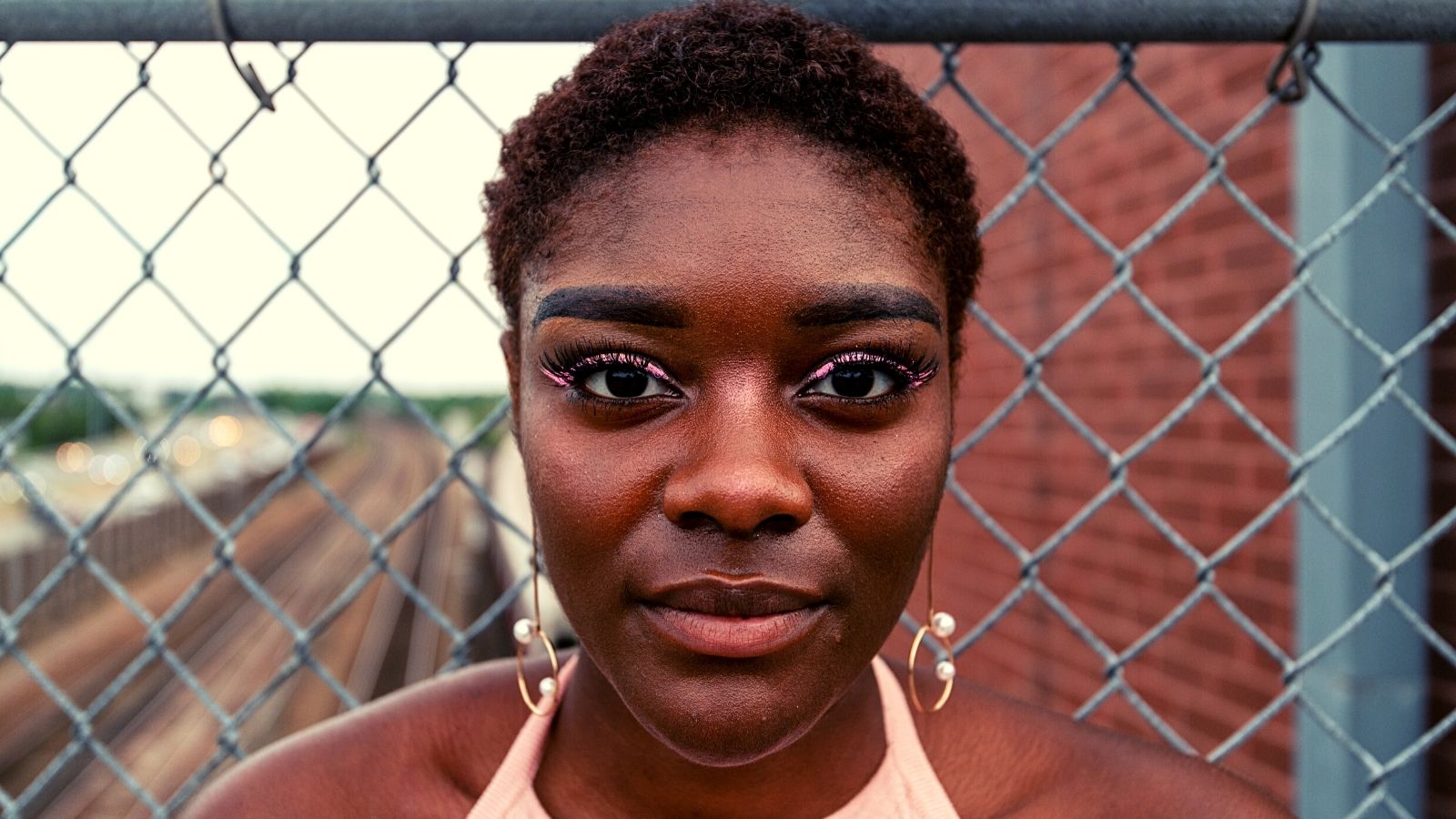
Comparison syndrome is an issue that hits writers harder than most, and it sneaks up on you when you’re least expecting it. It’s that feeling of discovering something about another author that instantly makes you envious, while at the same time sending you into a shame spiral.
Maybe the other author is younger than you, and has had more success. Maybe they just published their fifth book in a series, while you’re still struggling to get even halfway through the first draft of your first novel. It might be as simple as seeing how many followers they have on social media, while you don’t yet have a working website. Whatever kind of success they’re having, you see it, and it makes you feel awful. It makes you feel small, and insignificant, and kind of stupid.
That’s comparison syndrome, and if you are a writer who suffers from toxic procrastination and/or crippling perfectionism, then you most likely feel it on a regular basis.



